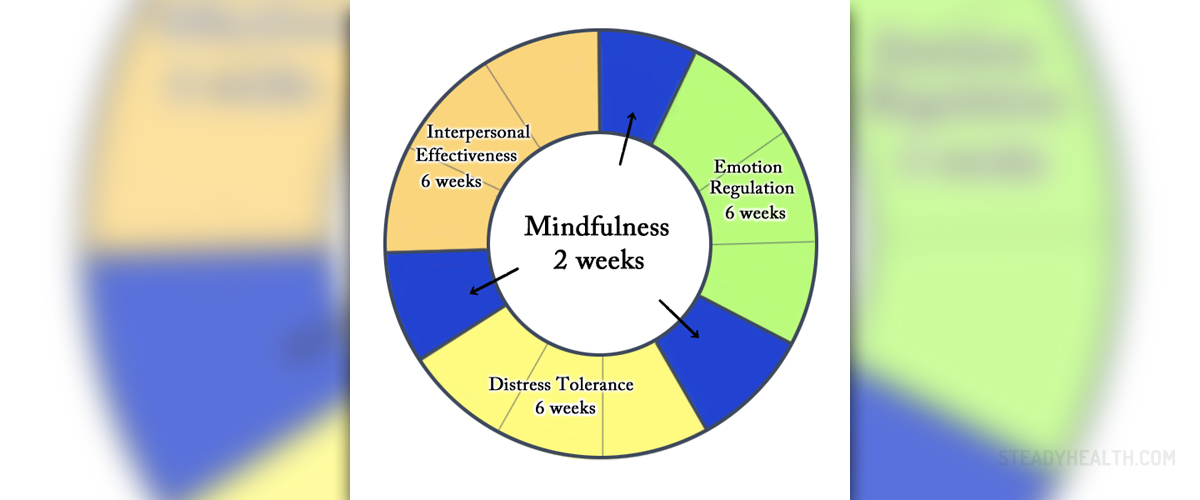
Cognitive behavioral therapy (CBT) is used for many personality disorders and behavioral problems. It is a combination of cognitive therapy and behavioral therapy. Cognitive behavioral therapy aims to change person’s way of thinking that has an influence on feelings and behavior. Depending on the condition that is treated, cognitive behavioral therapy can focus more either on cognitive or behavioral aspects. Behavioral therapy is more emphasized in treating obsessive compulsive disorder, while depression requires emphasis on cognitive therapy.
Cognitive Therapy
Cognitive therapy is a type of psychotherapy that is based on assumption that our cognitions (ideas, beliefs and evaluations) can cause certain medical conditions. That can be physical and psychological problems such as anxiety, depression and phobias. For the therapist, it is important to understand patient’s harmful pattern of thoughts in order to alter them and eliminate any bad ideas that has led to a specific health problem.
Behavioral TherapyBehavioral therapy is a psychological method that aims to change any maladaptive, badly adjusted or self-destructing behaviors. There are different techniques used and “exposure therapy” is one type of behavioral therapy. One example of harmful behavior is to avoid circumstances that cause anxiety. “Exposure therapy” is used for treating phobias where patient is gradually exposed to phobia-provoking stimuli until the phobia is eliminated. Person with anxiety is trained to use deep breathing and other techniques to manage the problem.
What Does Cognitive Behavioral Therapy Help?Cognitive behavioral therapy is useful for treating both mental and physical conditions. Anxiety disorders such as phobias, panic attacks and panic disorder can be successfully treated with cognitive behavioral therapy. CBT can help with depression and anger. People who have obsessive-compulsive disorder may also find help through cognitive behavioral therapy. CBT is also indicated in substance abuse disorders such as drug and alcohol abuse. This therapy can be applied for bulimia nervosa and other eating disorders. Sexual and relationship problems as well as certain sleep problems can be treated with the help of CBT too. Also, cognitive behavioral therapy is applied in cases of body dysmorphic disorder, facial tics, post-traumatic-stress disorder, chronic fatigue syndrome and chronic pain.
Cognitive behavioral therapy can be used alone or it can be combined with medications, especially in the case of severe or chronic depression. This therapy requires number of sessions that last about an hour. During the first session, it is necessary to identify the problem and the treatment plan. Number of sessions is determined by the type and severity of the condition.





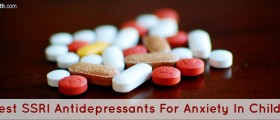
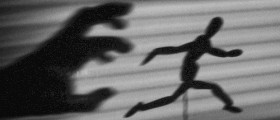




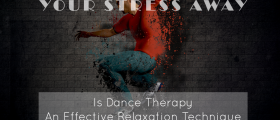


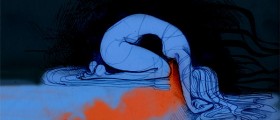


Your thoughts on this
Loading...